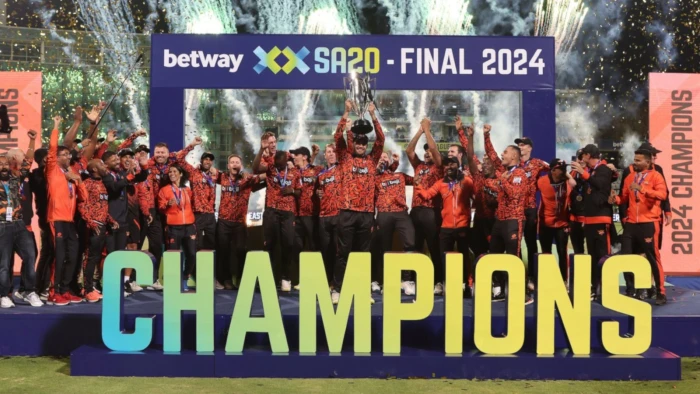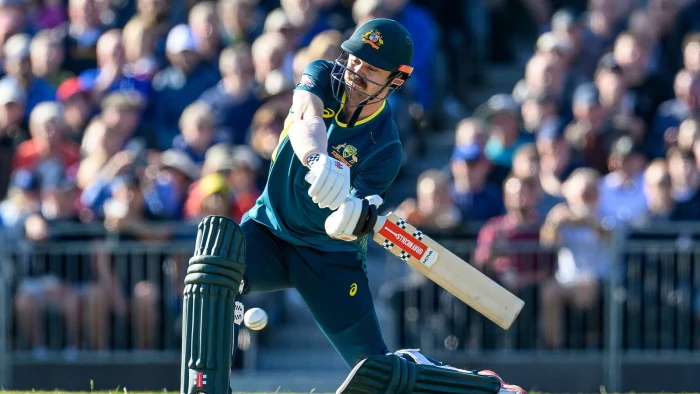ICC set to discuss future of bilateral international cricket as T20 tournaments continue to grow
sa-v-west-indies16
Decision makers at the International Cricket Council (ICC) have met to debate the future of bilateral international cricket.
The ICC board and chief executives' committee met in Dubai this week against a backdrop of the continued rise of global franchise leagues, a spate of under-strength touring squads and the ongoing financial struggles of national governing bodies beyond the 'big three' of England, India and Australia.
Discussions were held over the possibility of strict scheduling windows to reduce fixture conflict and the context of limited-overs internationals outside of world events.
While no clear recommendations emerged, ICC chair Greg Barclay suggested the talks would continue.
"The ICC board and committee meetings are the forum for us to discuss the long-term future of the international game and at this set of meetings we spent a number of hours constructively considering the structure of the global cricket calendar," he said.
"Whilst there are no easy answers, there is a commitment to exploring how context can be delivered and further options will be considered at upcoming meetings."
The board approved the mandatory introduction of 'stop clocks' in all ODIs and T20Is, following a successful trial that showed they saved around 20 minutes per match in the 50-over format.
The new playing condition comes in on June 1 and will be used at that month's T20 World Cup in the West Indies.
Under the rule that was trialled, the fielding side has 60 seconds to start a new over, with failure to do so initially attracting two warnings before a five-run penalty per incident would be applied.
It was also agreed to utilise reserve days for the tournament's semi-final and final to prevent showpiece games falling to the weather.


